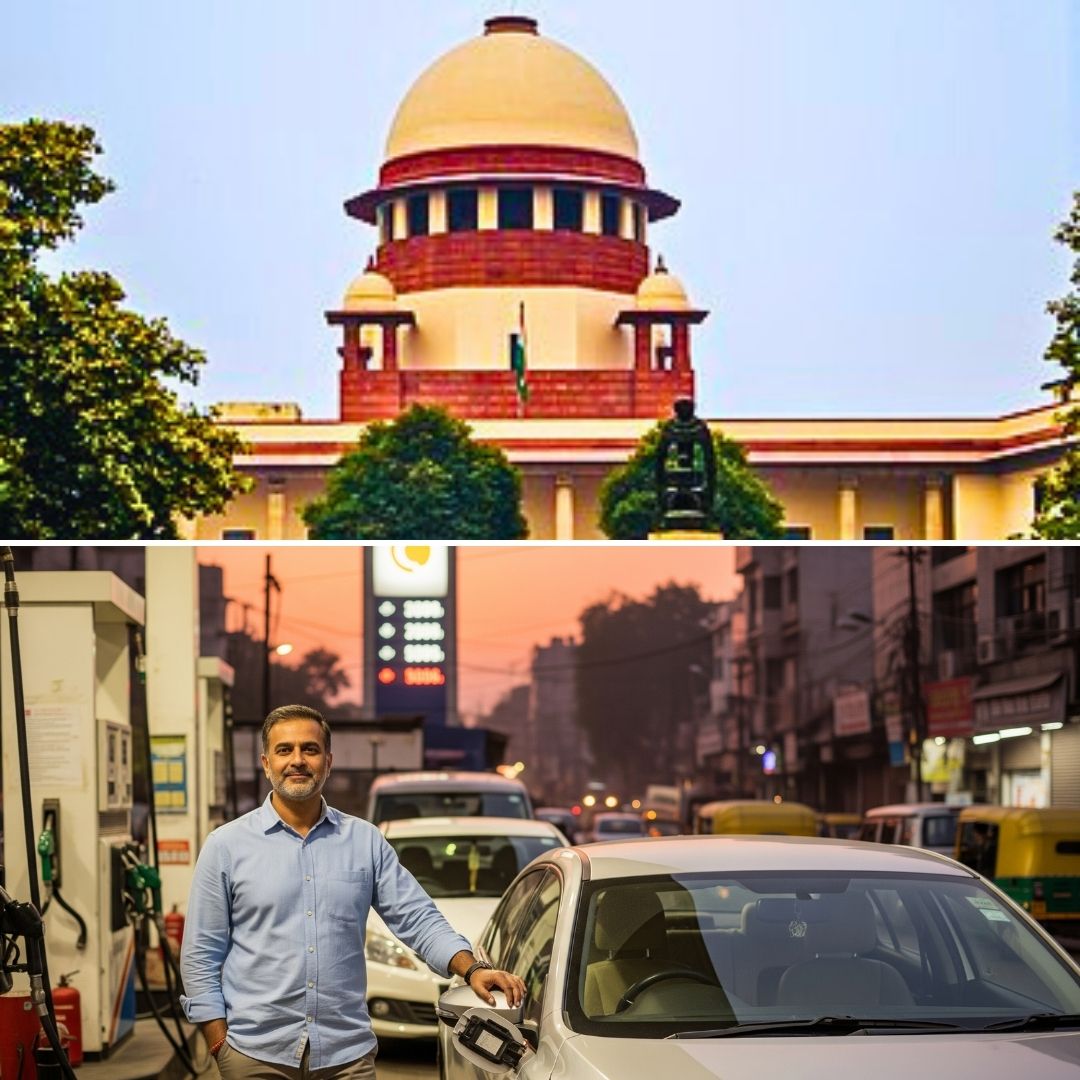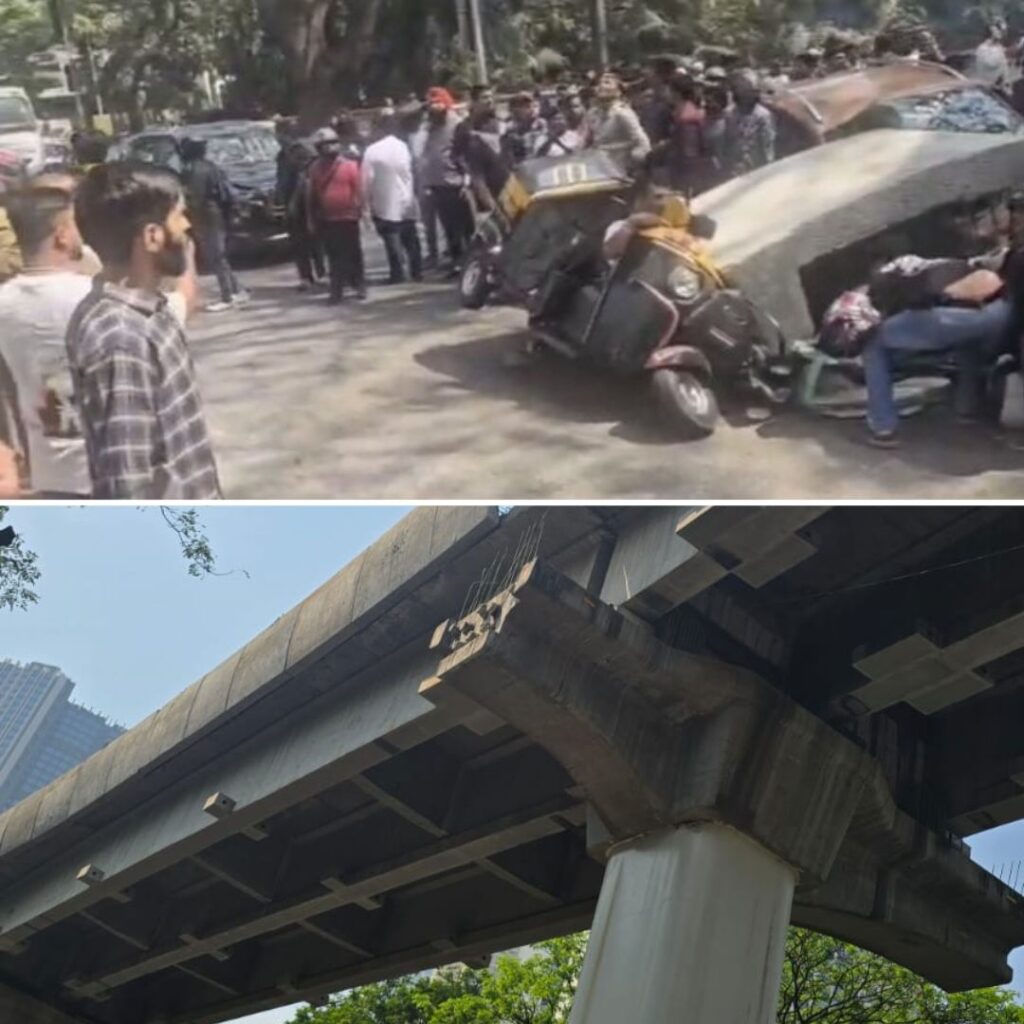The Supreme Court of India has granted interim relief to owners of diesel vehicles older than 10 years and petrol vehicles older than 15 years in Delhi-NCR, ordering that no coercive action, such as vehicle seizure or refusal to refuel, shall be taken against them until the Court hears the matter again after four weeks.
The relief comes amidst a review plea filed by the Delhi government challenging the blanket age-based ban instituted in 2018, arguing it is arbitrary and does not reflect advances in pollution control technology such as Bharat Stage VI emission standards.
The Court issued notices to the Centre and the Commission for Air Quality Management (CAQM) and will revisit the issue balancing environmental concerns with practical hardship for vehicle owners.
Interim Relief for Old Vehicle Owners
A bench headed by Chief Justice B.R. Gavai and comprising Justices K. Vinod Chandran and N.V. Anjaria passed the interim order on August 12, 2025, during hearings on the review petition filed by the Delhi government.
Solicitor General Tushar Mehta appearing for the Delhi government highlighted that the 2018 ban on diesel vehicles older than 10 years and petrol vehicles older than 15 years is not linked to actual emission levels or usage patterns, thus treating all vehicles uniformly regardless of condition or mileage.
Mehta noted the difficulties faced by private vehicle owners who use their cars sparingly, contrasting them with commercial vehicles that accumulate high mileage but are exempted longer. The bench acknowledged these arguments and orally remarked that in earlier times vehicles were used for decades, implying regulatory practices require revisiting with changing contexts.
Background: Pollution Control, Ban, and Its Impact
The ban was first imposed by the National Green Tribunal in 2015 and upheld by the Supreme Court in 2018 to combat Delhi-NCR’s hazardous air pollution. The age cutoffs aimed to phase out old, polluting vehicles by denying refuelling and impounding them if found on the road.
However, since the introduction of Bharat Stage VI (BS-VI) emission norms in 2020, which significantly reduce harmful emissions, the Delhi government argues the age-based restriction is outdated and disproportionately affects vehicle owners, especially in poor and lower-middle-income groups who rely on second-hand vehicles.
The Delhi government suspended its July attempt to block fuel supply to end-of-life vehicles after public backlash and logistical challenges, and the CAQM delayed implementation to November 2025 for certain districts. The Delhi government now seeks policies based on vehicles’ actual pollution levels rather than age alone.
The Logical Indian’s Perspective
While tackling air pollution remains critical for public health, The Logical Indian believes environmental policies must be evidence-based and equitable, recognising diverse socio-economic realities. An inflexible age-based ban risks unfairly penalising responsible vehicle owners and deepening economic hardship without proportionate environmental benefits.
We advocate for a balanced approach that includes rigorous emission testing, incentives to adopt cleaner technologies, and support mechanisms that enable all citizens to contribute to cleaner air transitions. The Supreme Court’s interim order reflects a necessary pause to reconsider policy frameworks amid evolving fuel standards and social impact.













